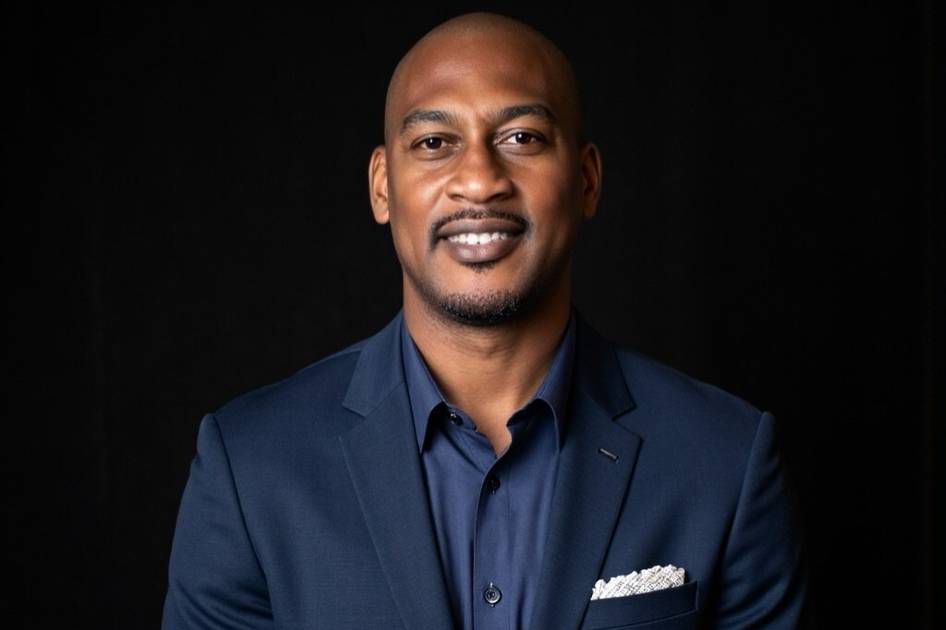The circumstances around every breakup are unique. Sometimes the passion fizzles out, or you decided to leave for a chance at a healthier partner or relationship. Other times, a breakup happens despite still being in love with a good partner, and an incompatibility or life circumstance means you must go your separate ways. Regardless of the reason (and sometimes there isn’t a clear reason why you or another person want to leave), losing a relationship can be painful — but there are things you can do after a breakup to start feeling better.
“Breakups are so difficult because we are hard-wired to form strong social bonds,” certified dating and relationship coach Lisa Van Loo tells PS. “We have evolved to have a deep desire to form intimate relationships with others. Historically, if we didn’t have close bonds, our chances of survival would have been greatly reduced. When a relationship ends, it can feel like we are losing something that is essential for our physical and mental well-being.”
It can be helpful to think about a breakup in terms of grief, but you’re also allowed to feel relief, freedom, and excitement for your new life as a single person. Regardless of who ended the relationship, most people will feel the emotional impact of this significant change — and will need to learn how to get over a breakup.
PS spoke to Van Loo and certified relationship coach Angelika Koch about how to cope with a breakup in the healthiest ways possible. Ahead, you’ll find strategies to find support, heal your heartbreak in a helpful way, and move on.
Experts Featured in This Article
Lisa Van Loo is a relationship expert and coach specializing in helping clients and leaders transform their relationships.
Angelika Koch is a relationship and breakup coach and author of “The Asshole Pandemic.”
How to Get Over a Breakup, According to Experts
Feel Your Feelings
An important part of accepting the end of a relationship is to give yourself permission to feel the pain, anger, guilt, and messy emotions that come along with a breakup.
For those who have been broken up with, Van Loo says people often feel lied to, manipulated, or rejected. It’s OK to feel blindsided by a breakup and to stew in these feelings of rejection. On the other hand are those who initiated the breakup themselves. Van Loo says feelings of guilt are common, as is feeling bad about hurting someone you care about.
In either case, remind yourself that you deserve to be with someone who is 100 percent invested in being with you and who you want to be 100 percent invested in. In other words, partners deserve their feelings and commitment to be reciprocated — and if that’s not the case, it may be time to break up.
The best thing you can do for yourself is to grieve and process your pain. “There’s so much emphasis on being strong and not caring these days, but to move on, you need to grieve almost like you would a death. Someone is no longer a part of your life. Acknowledge that, and allow yourself to go through all the emotions,” Koch says.
If you have a hard time giving yourself permission to feel, there are some things you can do after a breakup to tap into those emotions: try journaling, listening to a breakup playlist, watching a movie, or moving your body.
Seek Support
When mourning your breakup, you don’t have to deal with your feelings and heartbreak alone. You can seek support from friends, family, and professional mental health experts.
Friends and family can provide comfort, especially because they know you well and are invested in your well-being. Your support network can also act as a buffer if you feel tempted to text your ex — if that’s the case, you can text a supportive friend instead and ask for their help. As always, you should be mindful of leaning on your friends and always ask if they have the capacity to support and listen to you in the moment.
Leaning on your support system can be instrumental in getting over a breakup, but it’s not the only option. You can also consider seeking therapy.
“Everyone should spend time in therapy, if they can, so if you haven’t had professional support, during a breakup could be a great start,” Van Loo says. “Professionals can speed up your process and help you learn and grow from your experience, supporting you in all areas of life, not just the breakup. It can be life-changing work; once you learn the tools they teach you, you have them for life.”
Put Yourself Out There
It’s really easy to isolate yourself after a breakup, but more free time away from your ex is also an opportunity to reinvest in your hobbies, friends, and own well-being.
Investing in other relationships and activities will help you adapt to a new life without your partner. Each relationship has its own “culture” of how you spend time, what you do together, and a shared rhythm of life. Once that culture is lost or disrupted, it’s important to fill your life back up and rebuild a new world with new activities and passions without the influence of your old relationship.
Put yourself out there by joining a class, volunteering at a local organization, seeing a friend you fell out of touch with, or simply taking yourself out to a place you’ve been dying to check out. To get you started, here are more ideas of things to do after a breakup.
- Start planning a solo trip or a weekend trip with a friend — it can help to have something to look forward to, and maybe even help you meet someone new.
- Join a gym or set a fitness goal. Pursuing an attainable goal and working toward it offers a sense of accomplishment that can do a lot for your self-esteem. If you’d rather not do so alone, there are many local running, swimming, or biking clubs out there that you can join.
- Join a local community garden, or adopt some new houseplants. Taking the time to nurture a garden or a few of your favorite plants can be rewarding — you can quite literally enjoy the fruits of your labor and feel accomplished.
- Go thrifting. Donate or recycle your old clothes (especially the kind that remind you of your ex or don’t make you feel great), and let a new wardrobe boost your self-esteem.
Let Go of the Idea of “Closure”
Both Koch and Van Loo agree: closure might not be a realistic or healthy goal when healing your heartbreak.
Often, closure is seen as something your ex gives you, meaning the power to heal is left squarely in the hands of another person. This type of closure can actually be counterproductive, as you’re still looking to that person to soothe your pain. “Another person can’t give you that; only you can work through the pain you feel,” Van Loo says. “You still have to learn to self-soothe.”
Instead, focus on being proactive about the things you can control, and take your healing into your own hands. Learning how to work through your pain is what will ultimately bring healing, Van Loo says.
Sara Youngblood Gregory was a contributing staff writer for PS Wellness. She covers sex, kink, disability, pleasure, and wellness. Her work has been featured in Vice, HuffPost, Bustle, DAME, The Rumpus, Jezebel, and many others.

:quality(85):upscale()/2023/09/10/063/n/3019466/54e6307f64fe5fbd8a5d02.42256323_.jpg)





